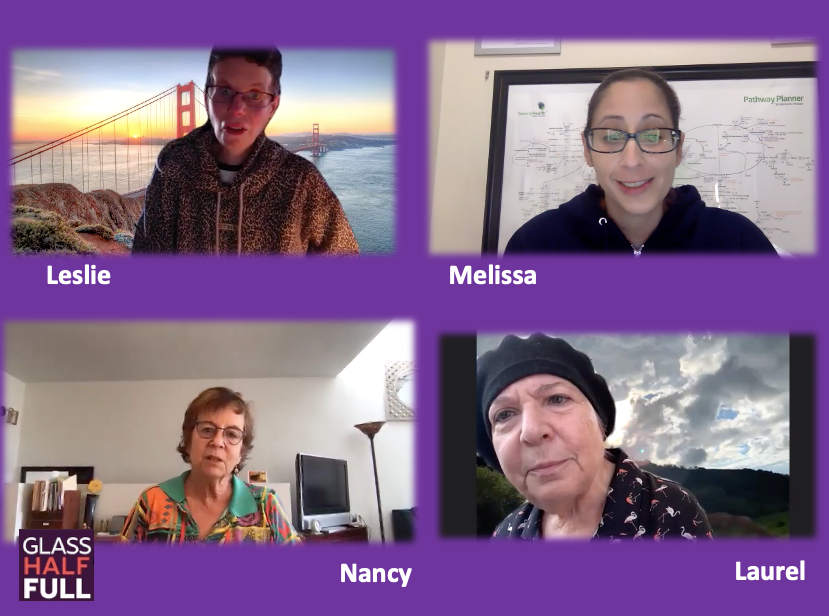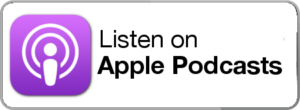Believe it or not, this episode has nothing to do with the recent U.S. election. We’re celebrating the 100th podcast episode of the Glass Half Full. But feel free to celebrate our right to vote…
October is Breast Cancer Awareness Month. Meet Susan Jeremy — Comic, Actress, Playwright, and Teacher — and breast cancer survivor. She’s also an old friend from my college days. We reminisce about way back when…as…
Are you feeling stressed out? With all that’s going on in the world — pandemic, civil unrest, job loss, hurricanes, wild fires — it’s difficult to avoid stress. Laughter therapy, or laughter yoga, might help…
It’s April Fool’s Day so we’re mixing things up with an unhelpful advice rant. One can’t be positive 100% of the time. Now is the opportunity to share about all of the weird things people…
In the second part of this podcast episode series Jeanette Marin shares her story about a thyroid cancer diagnosis and how it changed her life. Jeanette is married with 4 children and a stand-up comic….
To kick off Disability Awareness Month, our guest is Nina G – the first female stuttering comedian and dyslexic writer. You’ll get a taste of her stand up material as well as learn about her…



